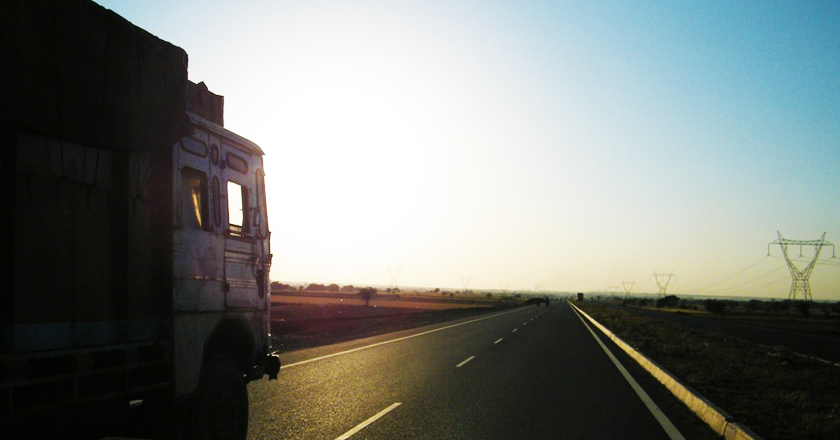
The transport of dangerous goods by road in the distribution of chemical products
The following article is intended to be an introduction to the transport of dangerous goods by road in the distribution of chemical products, considering the main definitions and regulations.
First of all, in the distribution of chemical products is very important to differentiate between dangerous goods and hazardous material. According to the Spanish General Direction of Civil Protection and Emergencies the correct definitions are as follows:
- Dangerous materials: substance during manufacture, storage, transport or use generates fumes, gases, vapors, dust or fibers explosive nature, flammable, toxic, infectious, radioactive, corrosive or irritant in amounts that may damage people, property or the environment.
- Dangerous goods: materials and objects whose transport is prohibited by transport regulations or authorized by these regulations, only under the conditions foreseen by them.
On the other hand, agreements regulating the transport of dangerous goods by road in the distribution of chemical products in Spain are the following ones:
1. ADR (European Agreement concerning the international Carriage of Dangerous Goods by Road)
Signed for the first time in 1957, the ADR regulates all aspects that affect the distribution and transport of dangerous goods, including loading, unloading, storage, packaging and documentation of the same. It also determines the duties and responsibilities of each member involved, contributing to risk prevention.
So well, the ADR has two main purposes: to facilitate the transport of dangerous goods and increase security in this type of transport.
It is an agreement drawn up by the Economic Commission of the United Nations for Europe and revised every two years -coinciding with odd years- in order to adapt it to the new technical developments and clarify gray areas of previous editions.
The latest revisions corresponds to 2015 and in Spain came into force on July 1rst, 2015.
ADR is intended to facilitate the transport of dangerous goods and increase the security in this type of transport.
2. Royal Decree 97/2014, of February 14
This Royal Decree, made by the Ministry of Development of Spain, regulates the transport of dangerous goods by road in the Spanish territory.
3. Royal Decree 1566/1999, of October 8
This Royal Decree establishes the obligation for companies to appoint a Security directors for contributing to the prevention of the risks inherent in the transport of dangerous goods.
This order regulates the content of the annual reports of the Directors of Security for the transport of dangerous goods by road.
Therefore, in the transport of dangerous goods by road for the distribution of chemical products is indispensable to know the difference between dangerous materials and dangerous goods, as well as the legal obligations contained in the agreements and decrees mentioned above.
Here are some of the materials governed by the ADR regulation that BRUGUÉS distributes:
• ACETONE
• HEPTANE
• HEXANE
• IPA
• MEK
• PER
• TOLUENE
• XYLENE
For further information about these products, please contact us.
